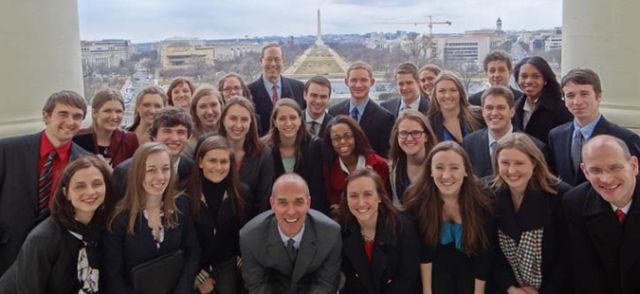Document Type
Article
Publication Date
9-2015
Publication Source
SPECTRA: The ASPECT Journal
Abstract
Work, as organized in contemporary workplaces and situated in social and political structures, poses a threat to freedom that has been underappreciated in political theory, especially liberal political theory. The recent revival of republicanism offers an intriguing alternative: Can republicanism do any better, with respect to work and freedom?
An examination of the workplace through a republican lens does a better job of helping us make sense of the way work threatens freedom — by exposing us to the threat of domination — and it can generate at least three plausible proposals that might render resistance to domination in the workplace more successful: enhanced exit, workplace constitutionalism, and workplace democracy.
But this is where republican political theory leaves us. In order to adjudicate between these strategies, as well as identify positive goals to accompany the avoidance of domination, we must turn to democratic theory and pay closer attention to how workers, as a distinct subset of the population, pursue the project of enhancing and protecting freedom in the workplace. This examination makes clear that a missing concept in neorepublican theory is resistance — workers seeking non-domination through their own initiatives. Once this modification is made, the relative importance of workplace democracy for securing non-domination becomes clearer.
ISBN/ISSN
2162-8793
Document Version
Published Version
Copyright
Copyright © 2015, David Watkins
Publisher
Virginia Polytechnic and State University
Volume
4
Issue
2
Peer Reviewed
yes
Keywords
Domination, Freedom, Resistance, Work, Workplace Democracy
eCommons Citation
Watkins, David, "Republicanism at Work: Strategies for Supporting Resistance to Domination in the Workplace" (2015). Political Science Faculty Publications. 52.
https://ecommons.udayton.edu/pol_fac_pub/52
Included in
American Politics Commons, Comparative Politics Commons, Models and Methods Commons, Political Theory Commons, Public Affairs, Public Policy and Public Administration Commons, Work, Economy and Organizations Commons




Comments
Permission documentation is on file.